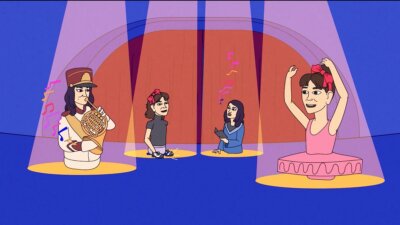
Courtesy of Sundance Institute | photo by Joe Garber.
“Inspiration porn” is a striking phrase to begin a short film, and it sets a bold tone for “View From the Floor.” Narrator and filmmaker Mindie Lind describes it as “this idea that our main characterization as people with disabilities is that we are inspirational to others.” Alongside co-director Megan Griffiths, Lind offers us a glimpse into the complex world of exploitation within the entertainment industry.
Introduced to fame from a young age, Lind relates stories about how, as a performer born without legs, even minor feats like joining the marching band invited news cameras and microphones. When she was in high school, this built up to an invitation to appear on the Maury Povich show. Before Maury was synonymous with paternity tests and family drama, he would bring in young people to display their talents and talk about how they overcame hardship in their lives. [continue reading…]


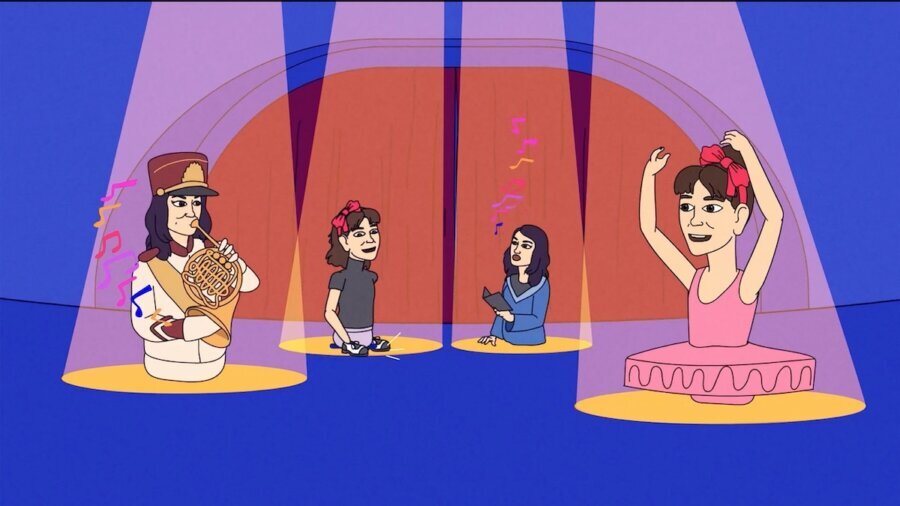
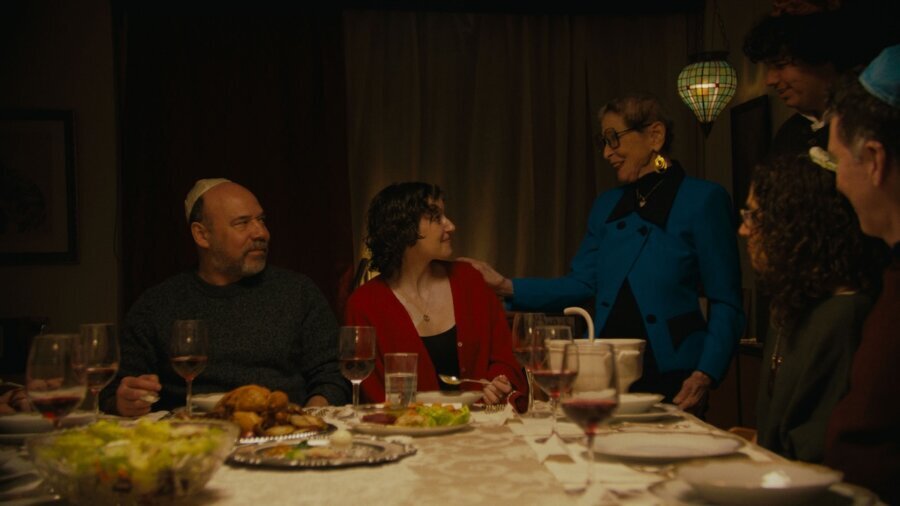
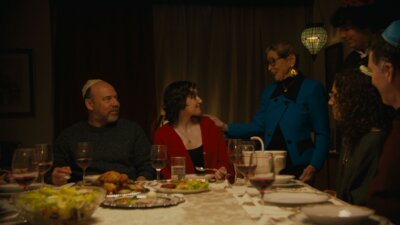
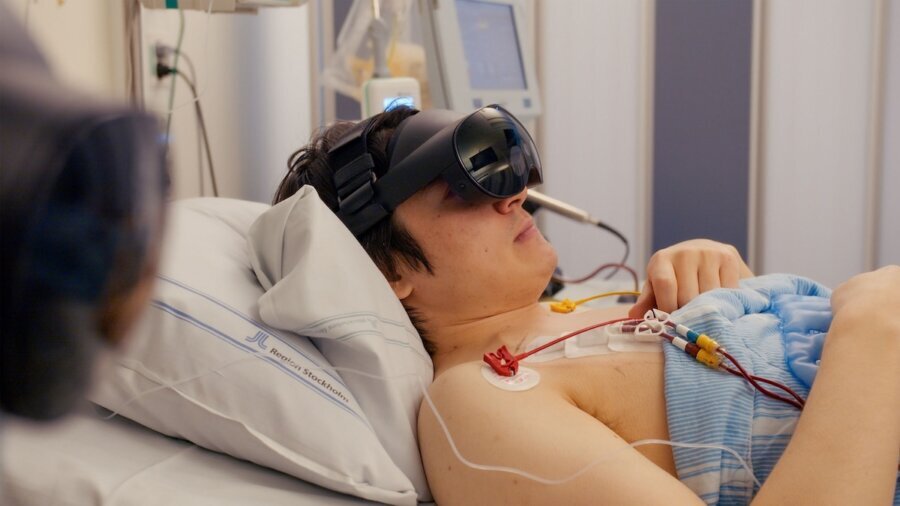
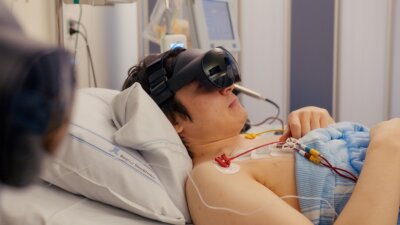
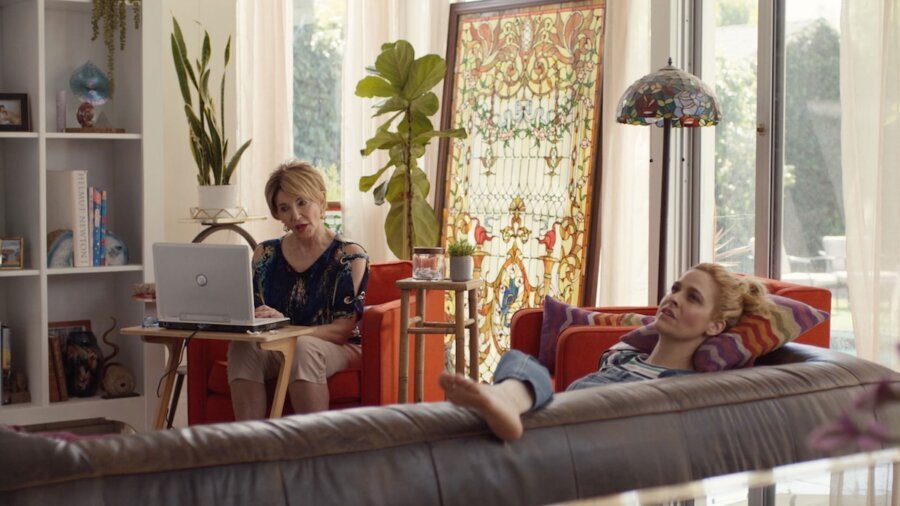
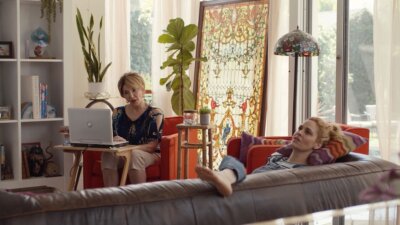
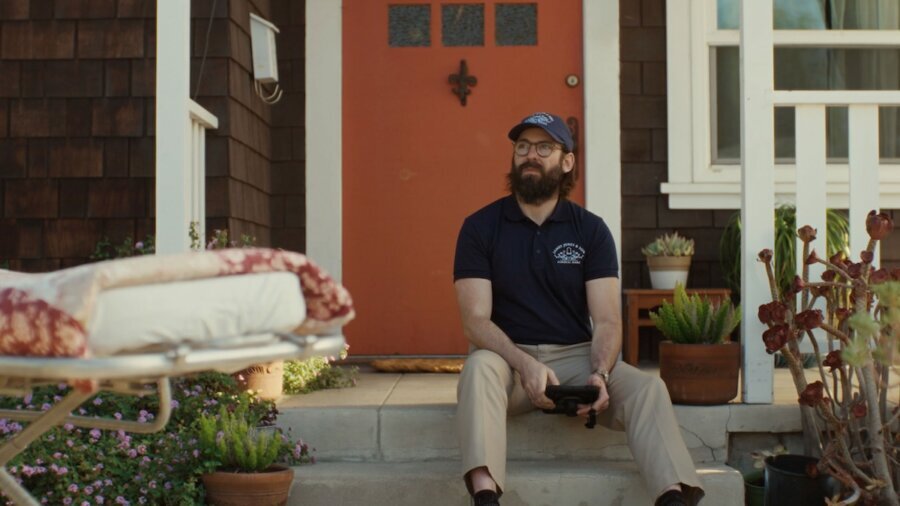
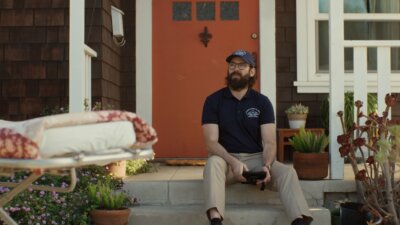
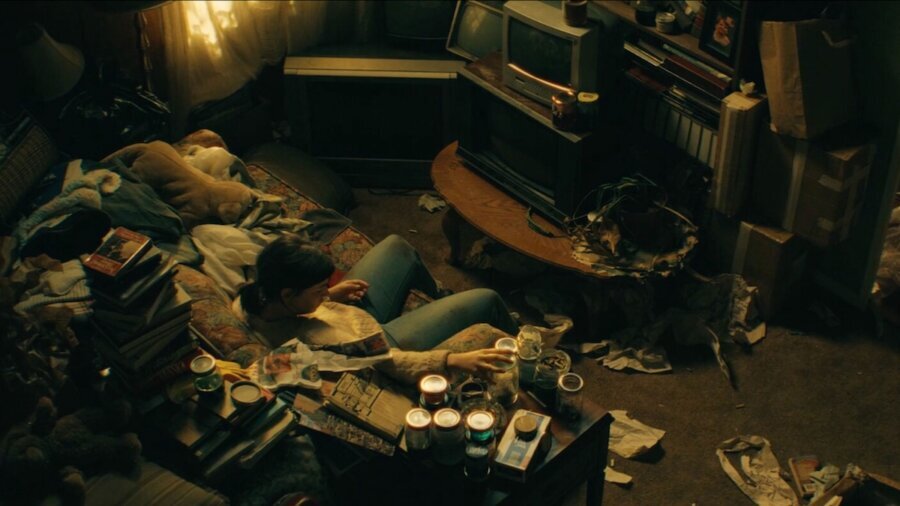
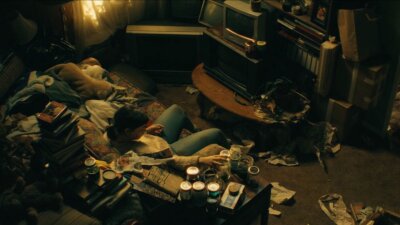

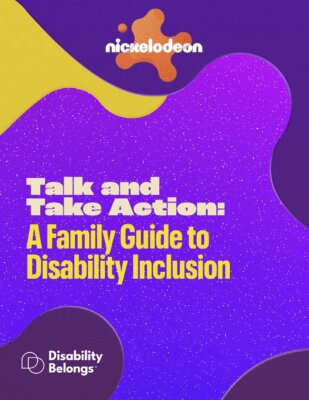
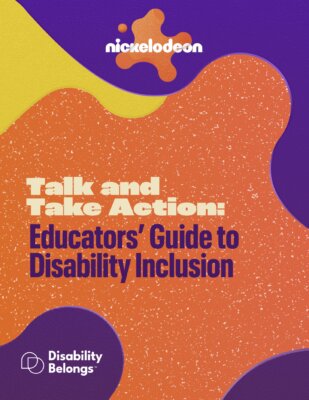
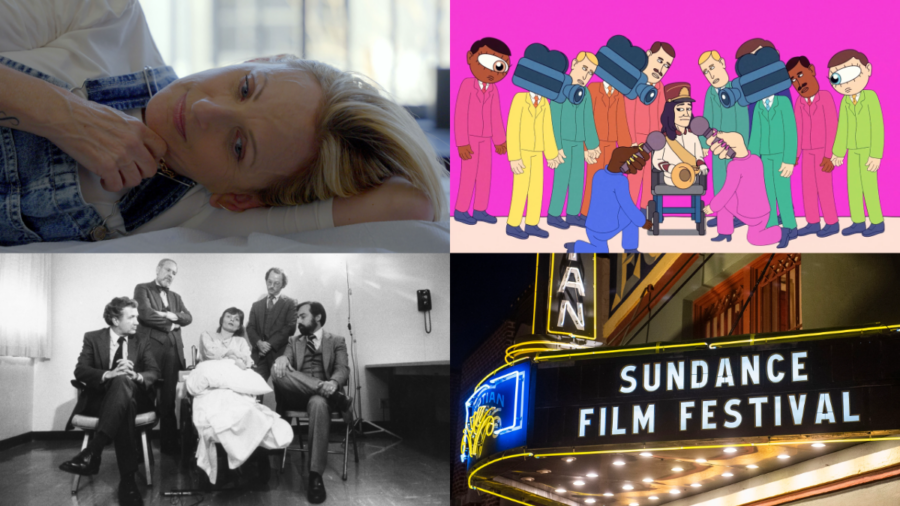
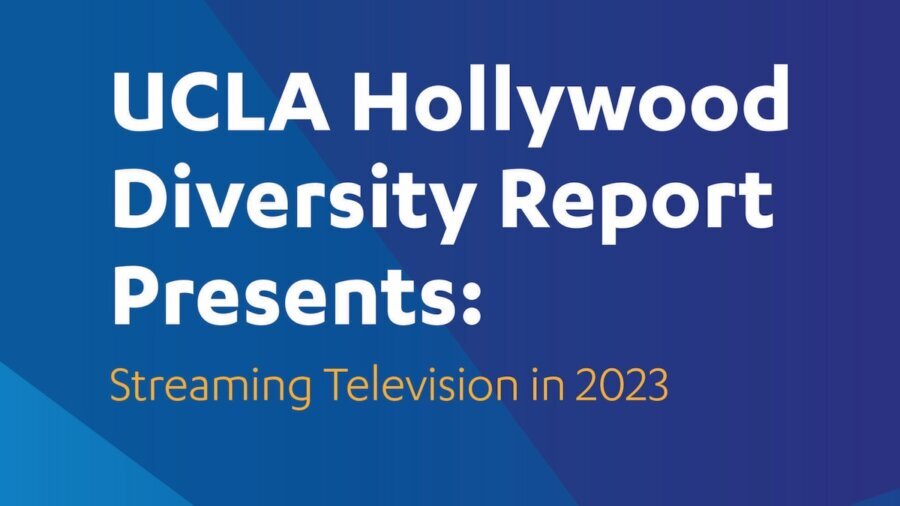
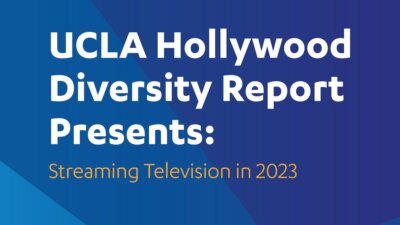 According to the
According to the 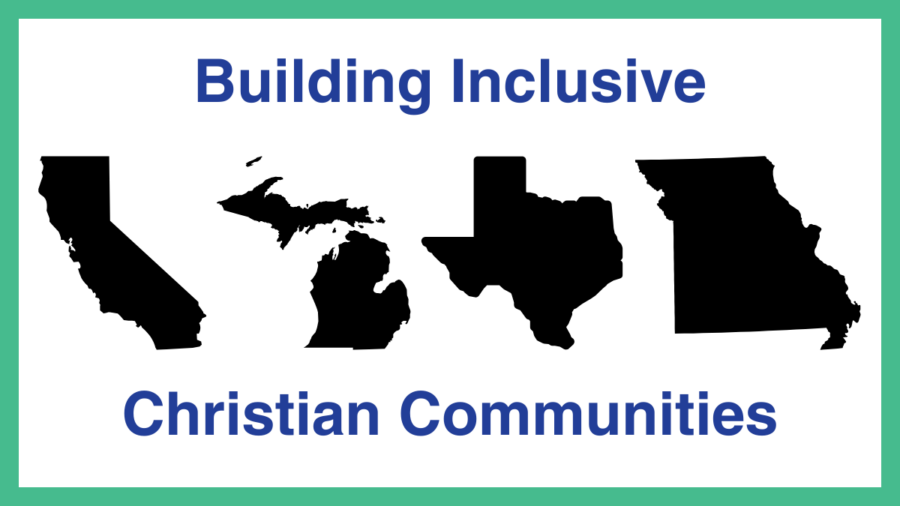
 We are happy to announce the launch of our pilot project Raising Awareness and Advancing Disability Inclusion in the Christian Community, made possible by a generous Vital Worship, Vital Preaching Grant from the Calvin Institute of Christian Worship (CICW), Grand Rapids, Michigan, with funds provided by Lilly Endowment Inc.
We are happy to announce the launch of our pilot project Raising Awareness and Advancing Disability Inclusion in the Christian Community, made possible by a generous Vital Worship, Vital Preaching Grant from the Calvin Institute of Christian Worship (CICW), Grand Rapids, Michigan, with funds provided by Lilly Endowment Inc.

